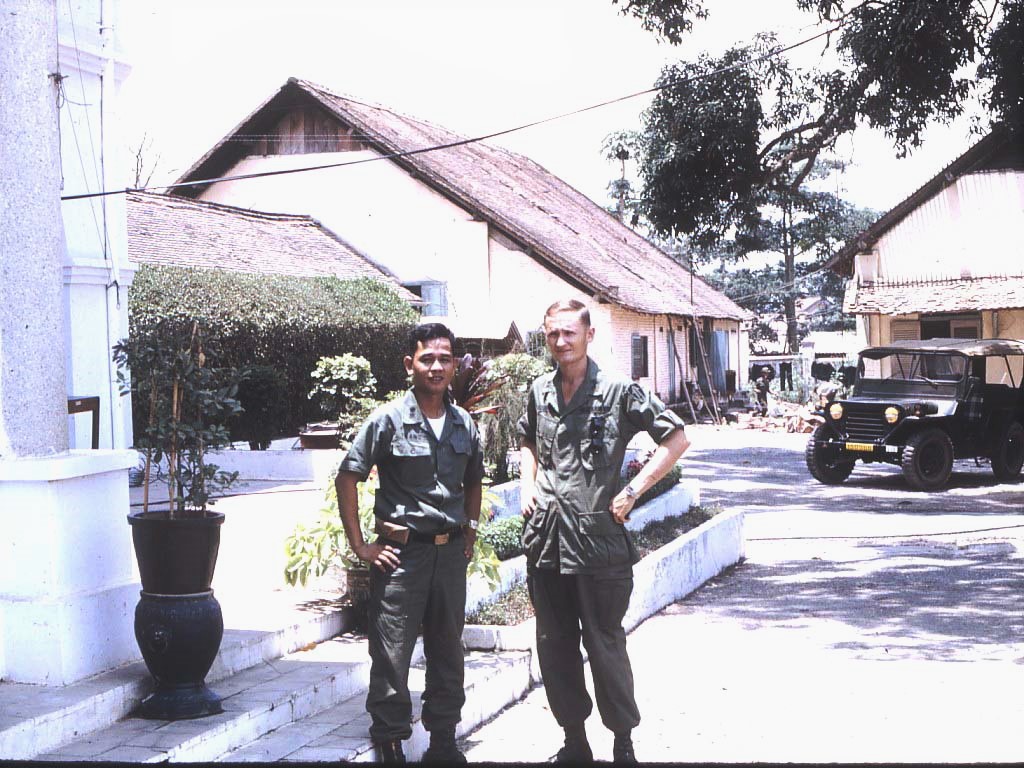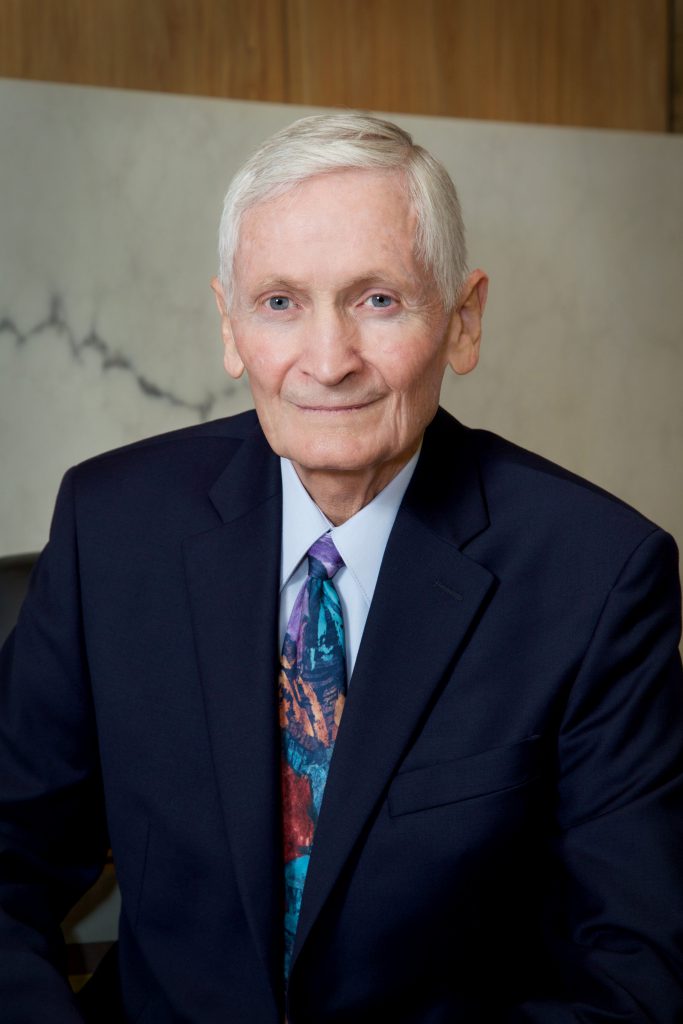Military Justice is Not Perfect But It Deserves Our Respect
By Hon. Jim Jones
The grant of executive clemency to three U.S. servicemen charged with war crimes has raised concerns about the integrity of the military justice system. On November 16, 2019, the President pardoned an Army Lieutenant who had been convicted of ordering his troops to shoot unarmed civilians, as well as an Army Major who was awaiting trial on a murder charge. The third serviceman received a sentence reduction for his crime.

A number of military justice experts, including former Judge Advocate General (JAG) officers, have opined that the executive intervention was inappropriate. They say it casts unwarranted doubt upon the fairness of the military justice system. The pardon of the Major, whose trial was scheduled for February 2020, is of particular concern because it came even before the system had an opportunity to work. It would be akin to a state governor pardoning a murder defendant prior to trial.
Leaving the debate on the pardons to the experts, I want to share my observations regarding the military justice system. I was commissioned as an Army officer in 1964, admitted to the Idaho State Bar in 1967, and volunteered for Vietnam service in 1968. My day job in Vietnam was serving as an artillery officer for a heavy artillery battalion in Tay Ninh Province, which is about 50 miles northwest of Saigon.
Every battalion, including mine, had discipline problems that resulted in the convening of special courts-martial. A special court-martial is not particularly special if you are the defendant. These proceedings dealt with a wide range of offenses, but incarceration upon conviction was limited to one year. There were not nearly enough JAG lawyers in Vietnam to represent special court-martial defendants so defense in the hinterlands was usually handled by non-lawyer officers.
Word soon got around amongst miscreants in the battalion that I was a full-fledged lawyer. Defendants could choose any officer in the battalion to defend them so I became the go-to defense counsel. I’d never had any JAG training but the battalion had a copy of the Uniform Code of Military Justice and a how-to manual, which was helpful in getting started.
I defended about a dozen special courts-martial. The usual offense was giving in to temptations of the flesh in Saigon when the troops were supposed to be fetching ammunition or parts for our cannons. It was a serious offense because we shot up tons of ammo every day and it was critical to keep the big guns in good repair. Other charges included violating orders, insubordination, theft, and misappropriation of vehicles. One fellow faced an AWOL charge for overstaying his leave in the States to work 39 days on Senator George McGovern’s presidential campaign. Another was charged with tossing a fragmentation grenade under his First Sergeant’s bunk, an unlawful practice known as “fragging.” Luckily, the First Sergeant was not in his bunk at the time.
Although I’d entered the service being somewhat skeptical of the even-handedness of the military justice system, I found that it worked pretty darn well in practice. The three-member court-martial boards took their responsibilities seriously. A not guilty verdict was possible if you stressed the need for proof of guilt beyond a reasonable doubt and the necessity for competent evidence to prove every element of the charged offense.
Our boards were comprised of battalion officers. Some of them told me the battalion commander informed them that he expected guilty verdicts and that he had given them heck on at least three occasions for not delivering. This is called command influence and it is prohibited. Nevertheless, the board members were willing to call it as they saw it and generally dispensed proper justice.
My second case provided a couple of valuable lessons. My guy was charged with consorting with a civilian woman outside the wire of his firebase. He was adamant that he “did not have sex with any woman.” As it turned out, he was lying and rightfully got convicted.
The first lesson one gets in defending the accused is that you can’t always rely on protestations of innocence. That lesson came through loud and clear in this case. More surprising was that a few weeks later word came down from the JAG office in Saigon that his conviction had been overturned. At the start of the trial, I’d asked one of the board members to recuse because my guy told me the two of them had a bad history. The JAG reversal was based on the board member’s refusal to recuse.
Nobody had told me that all conviction records were reviewed by JAG officers for potential error. I was surprised and impressed. About one-half of my cases ended with a guilty verdict and about half of those were overturned on review by the JAG folks in Saigon. Between the dedication to duty of the board members and JAG review of convictions, my view was that defendants got a fair shake from the military justice system.
Nowadays, all court-martial defendants have the right to representation by qualified legal counsel. The protections afforded to defendants are now fairly comparable to civilian courts. I can see no good reason to distrust our military justice system, nor for commanders at any level to distort the system by interfering in on-going court-martial proceedings, either for or against a defendant.
As an interesting side note, one of the JAG officers in Saigon at that time was also from Idaho. When I set up my law practice in Jerome in 1973, Bill Hart was already practicing there. He told me about his Vietnam service, which had included a review of court-martial cases. Bill was later elected as district judge for Minidoka County in 1987 and served with distinction until he passed away in 2005.

Hon. Jim Jones is a former Chief Justice of the Idaho Supreme Court, having retired in 2017. His recently released book, “Vietnam… Can’t get you out of my mind,” contains more on this and other aspects of his Vietnam service. It is available through Amazon or the Ridenbaugh Press website.

